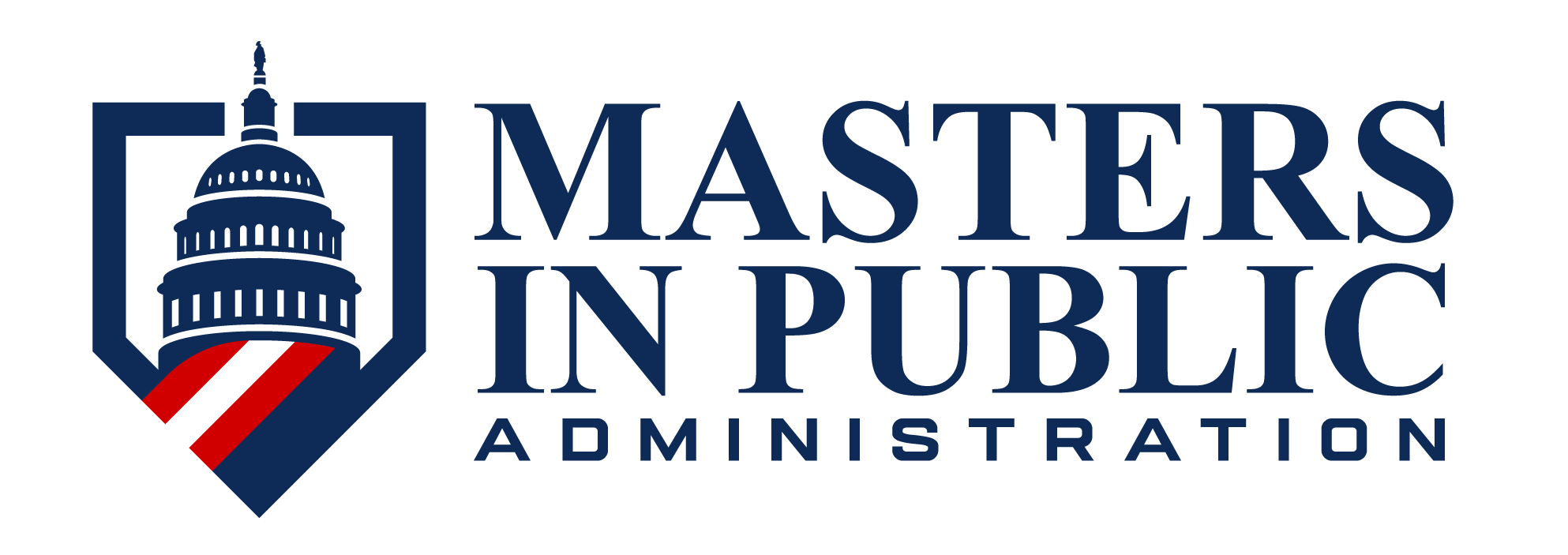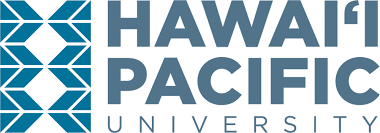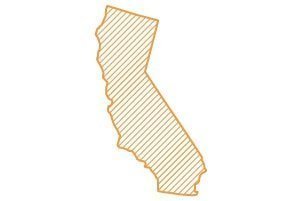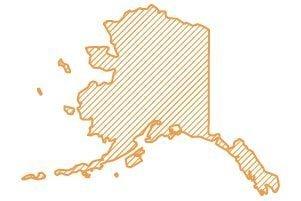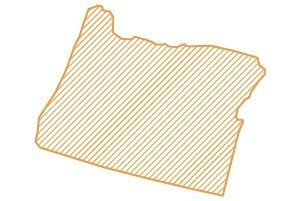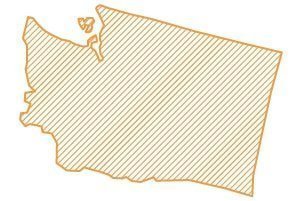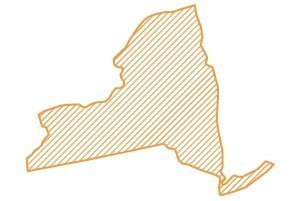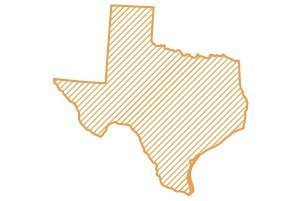Introduction
Living in Hawaii while obtaining an MPA degree offers a unique and enriching experience for both entry-level and mid-career students. Hawaii is renowned for its stunning natural beauty, with pristine beaches, lush rainforests, and volcanic landscapes providing endless opportunities for outdoor adventures such as hiking, surfing, and snorkeling. This natural beauty is complemented by Hawaii’s rich cultural heritage, which is influenced by Polynesian, Asian, and Western traditions. Students living in Hawaii have the opportunity to immerse themselves in this vibrant culture, experiencing traditional Hawaiian music, dance, and cuisine firsthand.
In addition to its natural beauty and cultural heritage, Hawaii offers a range of recreational and leisure activities for students to enjoy. The state is home to numerous parks, botanical gardens, and wildlife reserves, providing plenty of opportunities to explore and appreciate Hawaii’s unique flora and fauna. Students can also take advantage of Hawaii’s warm climate and stunning beaches, spending their free time relaxing in the sun or participating in water sports such as surfing, snorkeling, and paddleboarding.
From a travel perspective, living in Hawaii provides easy access to other parts of the Pacific region, making it an ideal base for exploring nearby destinations such as Japan, Australia, and New Zealand. Students can take advantage of Hawaii’s position as a major travel hub to embark on international adventures and broaden their cultural horizons.
ADVERTISEMENT
Walden University
Online Public Policy and Administration Programs
Walden University’s Public Administration programs are taught by a distinguished faculty of scholar-practitioners, many of whom have senior-executive experience in government and public service. Programs include:
Arizona State University
Online Master of Public Administration (MPA)
ASU’s Online Master of Public Administration provides students with a curriculum that covers leadership strategies, ethical decision-making, and effective management across various organizations.
Liberty University
Online Master of Public Administration (MPA)
Liberty University’s Master’s Degree in Public Administration Online is designed to equip students with a thorough background in the theories and practices essential for success in government and nonprofit roles. MPA areas of focus include:
Southern New Hampshire University
Online Public Administration & Political Science Degrees
Stand up and be counted with a degree in public administration/political science from Southern New Hampshire University—and learn how to facilitate change from within the system. Program offerings include:
MPA Programs in Hawai’i
Overall, living in Hawaii while obtaining an MPA degree offers a blend of natural beauty, cultural richness, and recreational opportunities that make it a truly unique and rewarding experience for students. Whether exploring Hawaii’s stunning landscapes, immersing themselves in its vibrant culture, or embarking on international travel adventures, students in Hawaii are sure to create lasting memories and gain valuable life experiences.
NASPAA-accredited MPA Programs
NASPAA-accredited programs provide students with confidence in the quality of their degree and enhance their credibility in the job market. Additionally, NASPAA accreditation can open doors to a wider range of career opportunities, as many employers prefer candidates who have graduated from accredited programs. The University of Hawai’i at Manoa has been accredited by NASPAA for their MPA program:
University of Hawai’i at Manoa
- Honolulu, HI
- Campus
Accreditation: NASPAA, WASCACCJ
Modality: On-Campus
Credit Hours: 39
GRE: Not required
Resident Tuition: $650 (PCH)
Non-Resident Tuition: $1,402 (PCH)
Program Overview:
The Master of Public Administration (MPA) program is a 39-credit hour professional program with a cohort size of around 20-25 students. The program focuses on providing engaging instruction to develop the skills necessary for effective leadership in public service. Courses cover a wide range of complex issues facing public service professionals and teach specific skills relevant to both public and private sector roles.
Online MPA Programs
Online learning for MPA programs offers several distinct advantages. An advantage of online learning is the ability to choose from a wider range of programs and institutions, as students are not limited by geographic location. This can be particularly beneficial for students seeking a specialized MPA program that may not be available locally.
Additionally, online learning often allows for a more personalized learning experience, as students can work at their own pace and may have more direct access to instructors for guidance and support. Only one institution in Hawai’i offers an online option for obtaining and MPA degree:
Hawaii Pacific University
- Honolulu, HI
- Online + Campus
Accreditation: WASCACCJ
Modality: Online/On-Campus
Credit Hours: 36
GRE: Not required
Tuition: $31,165 (TTL)
Program Overview:
With the option to complete the program in just one year by taking two courses in each 8-week term, students can choose from general, criminal justice, and nonprofit concentrations to tailor their career path. The program’s mission is to provide non-traditional students with career options in various government levels and nonprofit organizations. Through a focus on executive management and institutional structure, students are prepared to become supervisors, managers, and leaders in the public service sector, with a curriculum that balances flexibility and academic integrity.
Accelerated MPA Programs
Accelerated programs in MPA degrees are designed to allow students to complete their degree requirements in a shorter period of time compared to traditional programs. These programs often offer intensive coursework and may require students to take classes during the summer or in stacked formats, where multiple courses are taken concurrently. For example, at Hawaii Pacific University, students can complete their MPA degree in just one year by taking stacked classes.
ADVERTISEMENT
Walden University
Online Public Policy and Administration Programs
Walden University’s Public Administration programs are taught by a distinguished faculty of scholar-practitioners, many of whom have senior-executive experience in government and public service. Programs include:
Arizona State University
Online Master of Public Administration (MPA)
ASU’s Online Master of Public Administration provides students with a curriculum that covers leadership strategies, ethical decision-making, and effective management across various organizations.
Liberty University
Online Master of Public Administration (MPA)
Liberty University’s Master’s Degree in Public Administration Online is designed to equip students with a thorough background in the theories and practices essential for success in government and nonprofit roles. MPA areas of focus include:
Southern New Hampshire University
Online Public Administration & Political Science Degrees
Stand up and be counted with a degree in public administration/political science from Southern New Hampshire University—and learn how to facilitate change from within the system. Program offerings include:
Affordable MPA Programs
In Hawaii, tuition costs for MPA programs can be higher due to the state’s higher cost of living. While Hawaii offers a unique cultural and educational experience, students should carefully consider the financial implications of obtaining an MPA degree in this state. Hawaii Pacific offers both in-state and out-of-state tuition rates at a total degree cost of $31,165, making it a competitive tuition rate.
All MPA Programs in Hawai’i
| School Name | Degree Program Name | State | City | NASPAA Accredited | Online Degree | Program Link |
|---|---|---|---|---|---|---|
| University of Hawai'i at Mānoa | Master Of Public Administration | Hawaii | Honolulu | No | Yes | https://puba.manoa.hawaii.edu/academic-program/mpa/ |
What Types of Careers Can I Pursue With an MPA Degree in Hawai’i?
Hawaii indeed offers a unique and dynamic environment for MPA graduates, with a range of job opportunities that are specific to the state’s culture, government structure, and geographic location. Here are some MPA jobs that are particularly unique to Hawaii:
- Cultural Resource Manager: Given Hawaii’s rich cultural heritage and diverse population, cultural resource managers play a crucial role in preserving and promoting Hawaiian culture. They work to protect and manage cultural sites, artifacts, and traditions, ensuring they are respected and preserved for future generations.
- Environmental Policy Specialist: Hawaii’s unique geography and fragile ecosystems make environmental conservation a top priority. Environmental policy specialists work to develop and implement policies that protect Hawaii’s natural resources, including its oceans, forests, and wildlife.
- Community Development Planner: Hawaii’s communities are diverse and often face unique challenges related to housing, infrastructure, and economic development. Community development planners work to address these challenges by creating plans and programs that improve the quality of life for residents while preserving Hawaii’s cultural identity.
- Tourism Management Specialist: Tourism is a major industry in Hawaii, and tourism management specialists play a key role in ensuring its sustainability. These professionals work to develop and implement policies that balance the economic benefits of tourism with the need to protect Hawaii’s natural and cultural resources.
- Indigenous Affairs Liaison: With a significant indigenous population, Hawaii has a strong focus on indigenous rights and issues. Indigenous affairs liaisons work to promote dialogue and collaboration between indigenous communities and government agencies, advocating for the rights and interests of indigenous Hawaiians.
In Hawaii, the intersection of culture and government is particularly pronounced, with a strong emphasis on community engagement and cultural sensitivity in policymaking. MPA graduates in Hawaii have the opportunity to work in roles that require a deep understanding of Hawaiian culture and values, allowing them to make a meaningful impact on the communities they serve.
